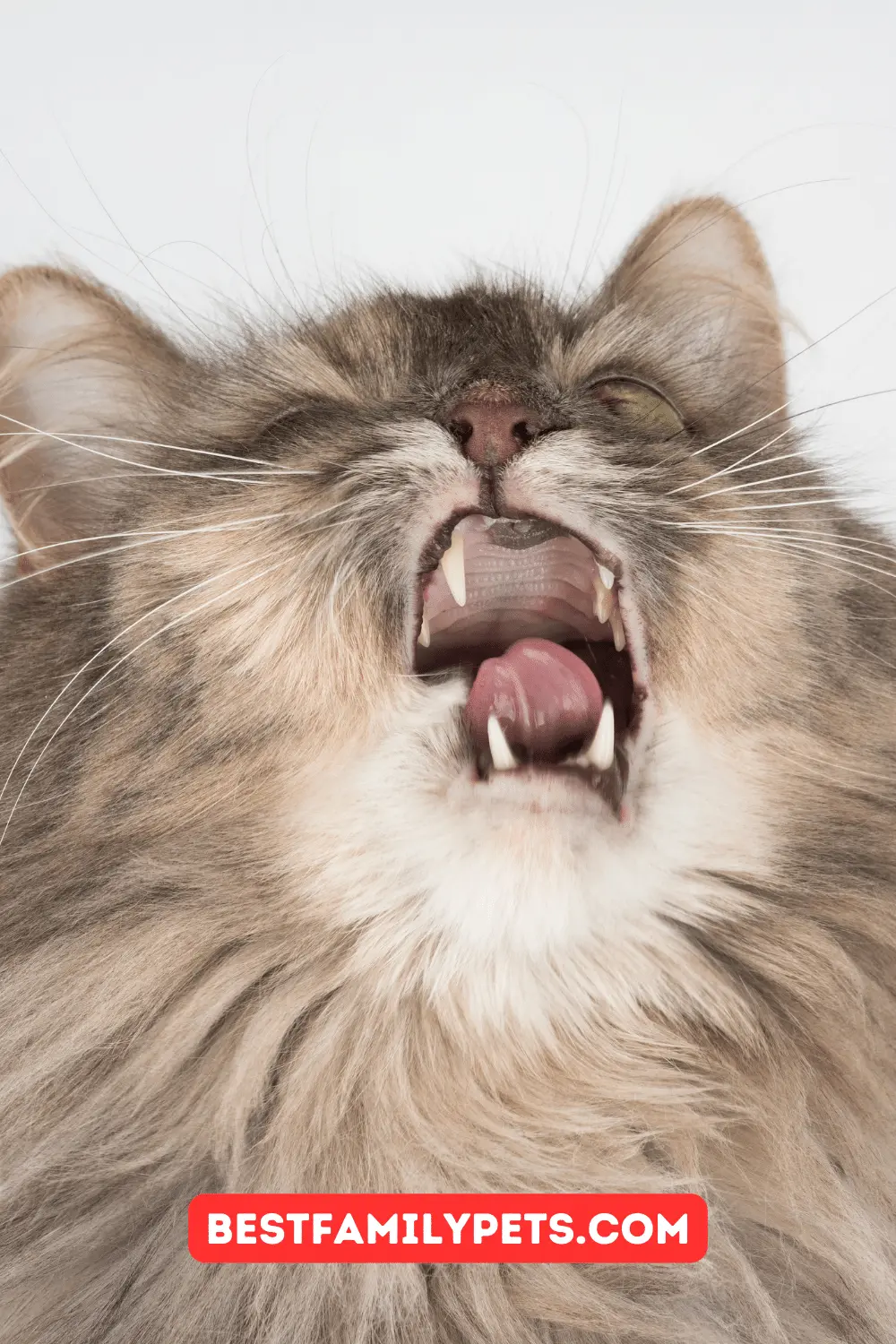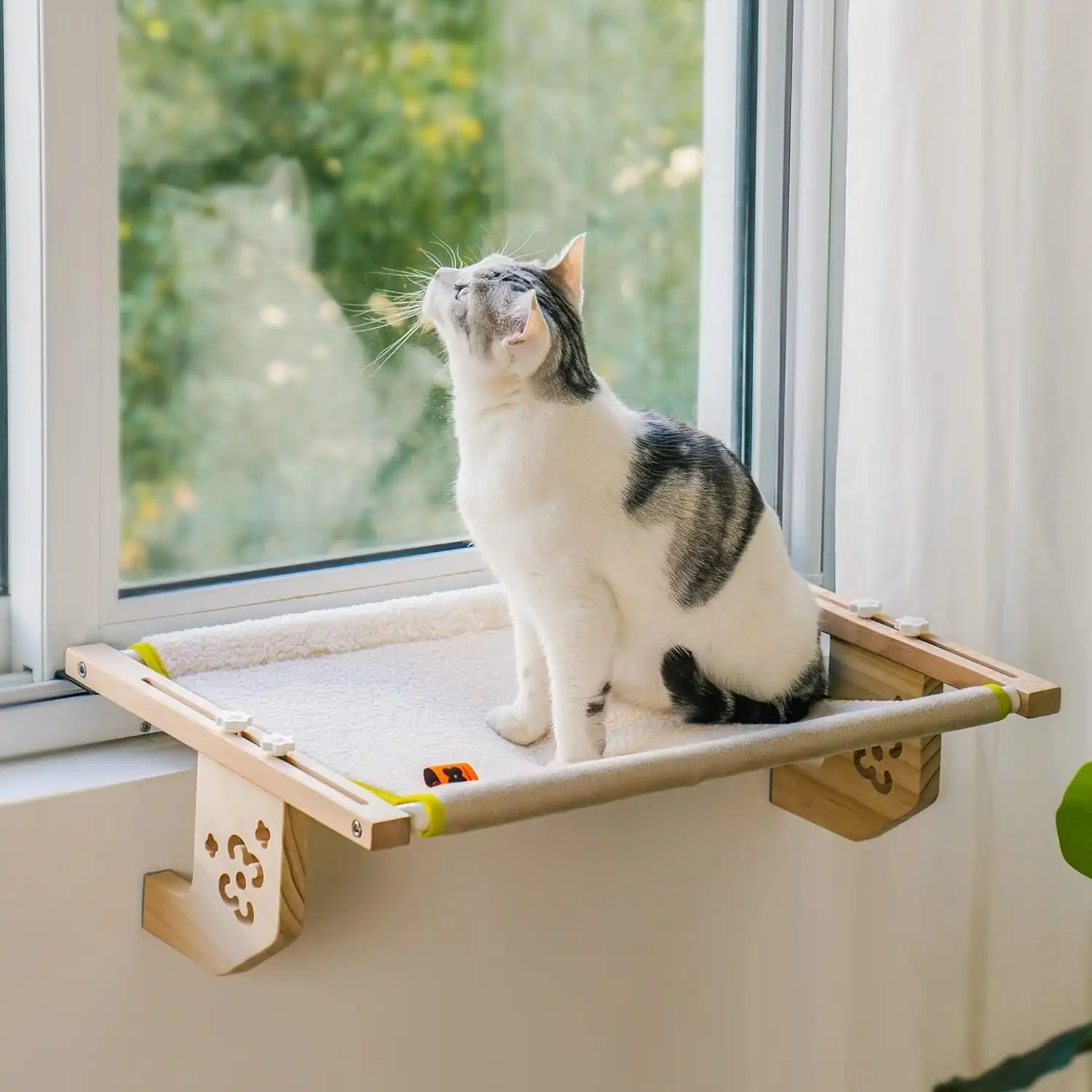Why Does My Cat Sneeze so Much?
Sneezing from time to time is a reflex act, through which your cat expels irritating particles from the nasal mucosa. But when this involuntary expiration does not stop and is prolonged in time, be careful! It could be a warning of the existence of diseases, some serious, that must be treated as soon as possible.
6 Possible Causes of Frequent Sneezing in Cats
If it is already difficult to know the reason for human sneezing, it is even more difficult to know the causes of sneezing in cats, because, by not speaking, they cannot give us clues to discover the cause. What we do know is that when sneezing, our cats expel air from their lungs, through their nostrils and their mouths. Along with the air, they also tend to carry nasal mucosa generated by dust, colds or allergies; This is where our capacity for observation plays an essential role. We must be attentive to various symptoms: such as lack of appetite, nasal and ocular secretions, the inability to perceive the smell of food, states of decay … Finally, it will be the veterinarian who, through his diagnosis, will reveal what happens to our cat. We explain some of the causes that induce our cats to sneeze more frequently than usual.

Allergies
The same thing happens to our kittens as it does to us, and that is because they are also exposed to the effects of allergens that bother us so much; Some especially in spring and others at any time of the year. Pollen, mites, smoke, some cat litters, certain chemicals or foods can cause repeated sneezing, wheezing, coughing or itching, among others. The relief, in these cases, is to find the specific cause of the allergy , eliminate it or replace it if possible, so go to your trusted veterinarian to treat your pussycat. In our store you can find various sand options , as well as various foods, aimed at avoiding your pussy’s allergies.
Foreign agents in the nostrils
If your cat has gotten a particle in its nose, such as a fluff or a plant seed, its defense mechanism will act quickly to expel that foreign body, so constant sneezing is guaranteed until it is released. In the event that it cannot be thrown out on its own, take it to the vet to have the agent causing the disorder removed.
Bacterial infections
Not only viruses cause respiratory infections that cause sneezing , but also bacteria, such as Chlamydia – Chlamydophila felis – or Bordetella – Bordetella bronchiseptica -, cause them and are also contagious between felines that share food and water. In these cases, and if you have more than one cat , it is important to take isolation measures for the affected feline, to avoid contagion to other kittens. You also have to quickly take it to the vet to diagnose it and prescribe the appropriate treatment, surely with antibiotics, which will prevent major ailments, such as pneumonia.
Viral infections
The feline herpesvirus and caliciviral is contagious diseases among cats, which should be treated in time to avoid serious complications, such as pneumonia. The symptoms you may have are persistent sneezing , which may be accompanied by a cough and fever in cats. More dangerous is the feline immunodeficiency virus or feline AIDS, with a higher incidence in cats that live outdoors and are spread by deep bites. that are caused by fighting. By having lower defenses, felines are prone to contracting disorders related to the respiratory tract, and therefore sneeze more frequently, symptoms that may be accompanied by fever, diarrhea, asthenia, weight loss, or gingivitis. Although the disease is incurable, fortunately, there are treatments to control it and achieve the maximum well-being of the pussycat. In any case, prevention, in the form of vaccines, continues to be the best weapon to fight against viral infections. This is the case of the FVRCP, a vaccine that protects puppies from three viruses: rhino tracheitis, caliciviral and panleukopenia or infectious enteritis. It also prevents and mitigates the consequences of most strains of feline herpes .
Tumors
The tumors in the nostrils , as are foreign bodies that may be behind some endless sneezing. This probability is a sufficient argument for you to take your kitten to the doctor, suspecting that he is exceeding his habitual sneezes. Remember that in the case of tumors, early detection counts many points in favor of a successful solution.
Dental resorption
Certain diseases of the oral cavity can be related to repeated sneezing . This is the case of the feline dental resorption lesion , a common disease in cats, also known as the odontoclastic resorption lesion –FORL– and which can manifest itself in a similar way to gingivitis or caries . Felines that suffer from it, in addition to constant sneezing , have other symptoms, such as: erosions in the enamel, dentin, cementum and gingival tissue that cause dental inflammations. Other signs can be pain, depression, poor appetite, halitosis, and bleeding from the mouth. In any case. Remember that if your cat sneezes from time to time, you should not worry too much, but if the exhalations are insistent and strange, it is time to take him to the vet to find out the cause of the incidence or disease and advise the best treatment. We hope that when your cat sneezes, you just have to say cheers! a few times. Has this article been useful for you? Share it!
You may also like these:
-

MEWOOFUN Sturdy Cat Window Perch Review: A Cozy Spot for Your Feline
-



Purr-fectly Delicious: A Review of Astkatta Iceland Canned Cat Food and Feast Cat Wet Food
-



How to Use Puppy Training Pads Effectively
-



Feed the Beast Right: Why Pet Nutrition Isn’t Just Kibble and Luck
-



Large Dog Door Mat for Muddy Paws: A Must-Have for Pet Owners
-



Pet Euthanasia in Gilbert: Compassionate Care Options
-


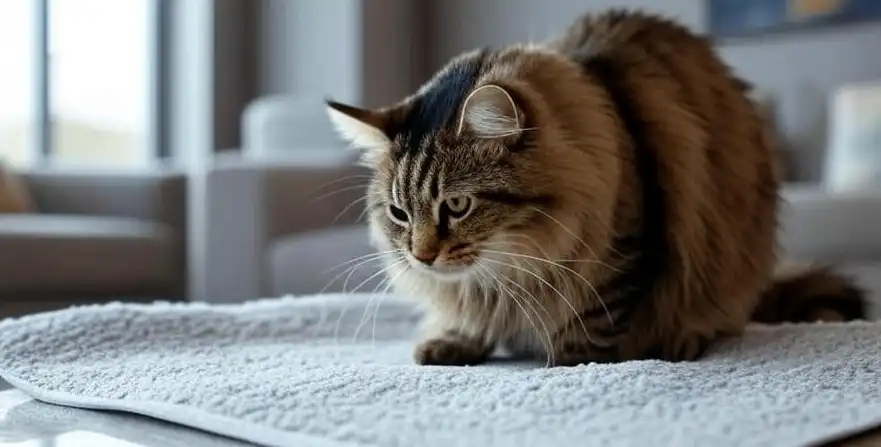
SMARTBEAN Cat Scratch Furniture Protector: A Must-Have for Pet Owners
-



Memorial Plaque for Dog: A Heartfelt Tribute to Your Pet
-



Cat Nutrition Guide for Optimal Feline Health
-



Feline Diabetes Care: A Guide for Pet Owners
-


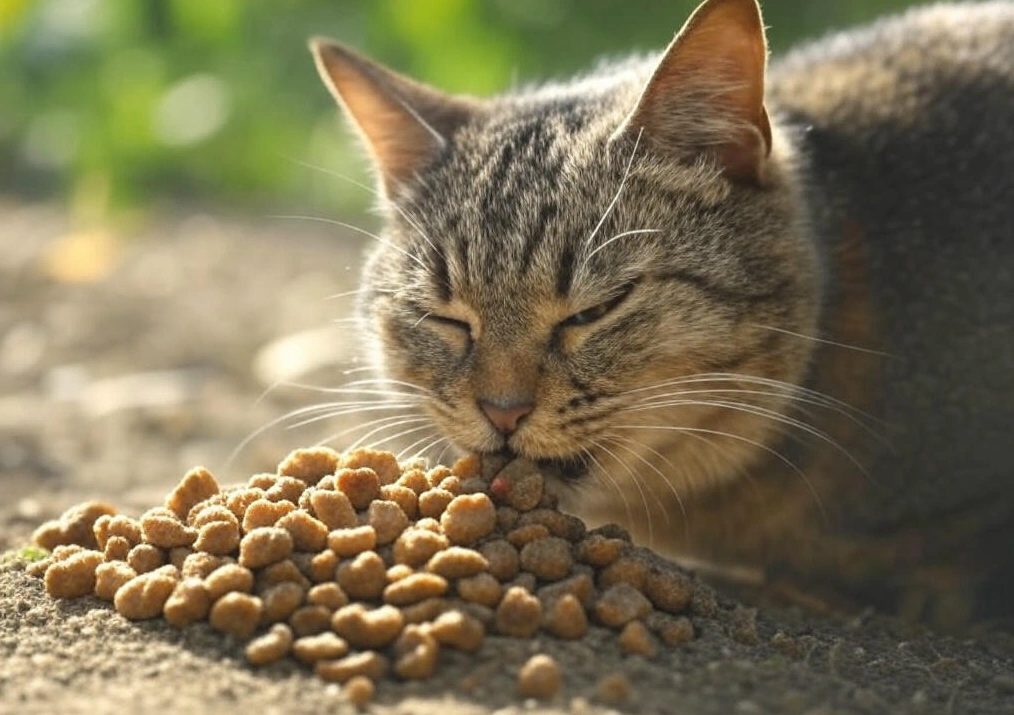
Blue Buffalo Healthy Gourmet Cat Food Reviews: A Comprehensive Guide for Pet Owners
-



Paco & Pepper: Environmentally Friendly Cat Litter That is Ideal for Your Cat
-



Indian Cat vs Persian Cat: Pick Your Pet
-


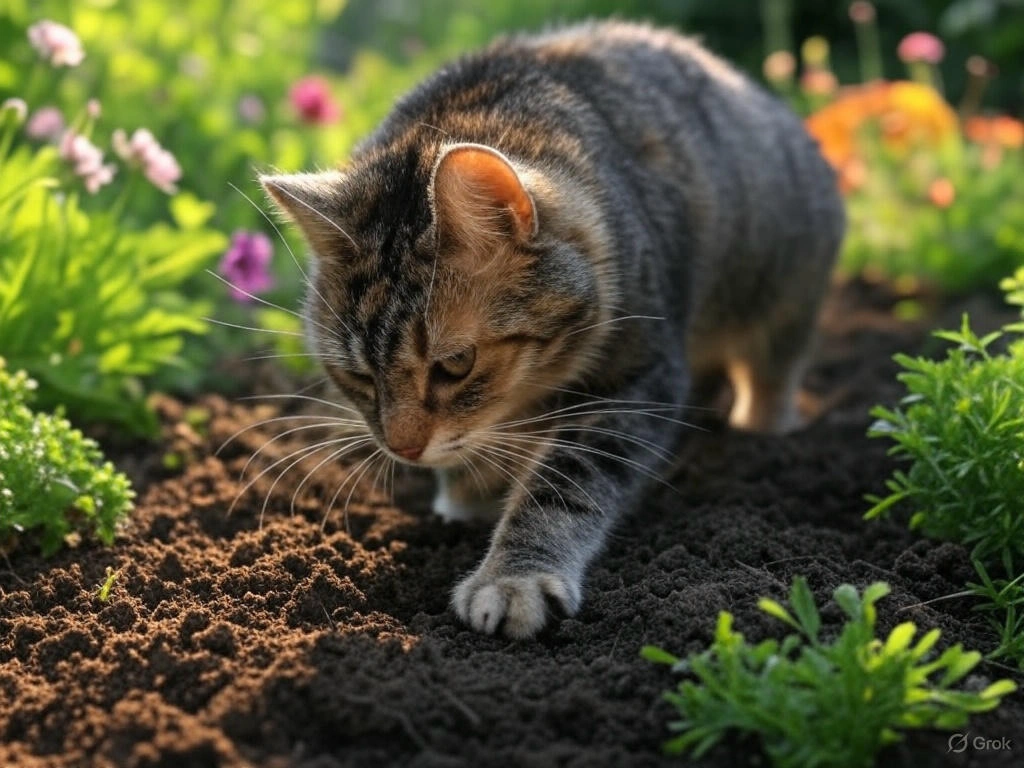
How to Stop Cats from Digging in Your Garden: A Comprehensive Guide
-



The Ultimate Guide to Choosing the Perfect Cat Name

